“Everyone has blind spots”
I wrote that in a comment, responding to fellow author Sam Robb’s comment on something I’d shared into a writing channel. The initial information that caught my eye was data! presented in a really interesting and visual way. I’d grabbed that, from Twitter, and dropped it in the channel with very little comments as I’d seen it while awake at ungodly hours of the morning and doomscrolling.
Sam’s comment was “It's interesting that (a) Vonnegut nailed a number of these, and (b) he still missed a few. Though perhaps he would have considered them variations on other themes.” To which I made the above response, and then, it got me thinking about the book I’ve been reading at bedtime.
Factfulness is a quirky, interesting, data-driven case for taking the world on without fear.
Now, undoubtedly Vonnegut’s potential blind spots were not related to fear. It was the juxtaposition in my own mind that created the connection here. I was narrowly focused, by chronological proximity, on these two areas. This is where wearing blinkers (or blinders, as you will) can actually be a useful thing. Horses are made to wear this bit of tack to keep them from being distracted while they are working at a specific task. They are given deliberate blind spots, to assuage fear. In that state, they can focus on one thing, and one area.
Leaving aside our metaphorical sanguine horse, we can apply this to our own minds and workflows. When we are focused, shutting out distractions, we can progress more quickly. But it takes a conscious, concerted effort in this day and age to enter that state of mind. I know I have to work at it, almost as hard as I do at something like writing this article. Putting on headphones, to drown out the sounds around me (the neighbor’s blind old dachshund singing his morning lament on the porch, my husband’s clicking keyboard, or even just the hum of some equipment I can normally tune out but not when it’s time to really think quietly), shutting extraneous input out, that helps me to narrow my focus enough to create and compose. Sometimes, in a beautiful moment of flow, it doesn’t matter, what’s inside my head and coming out drowns all else.
As Rosling points out, in a pithy sentence that caught my attention last night, we are drowning in data these days. In mere decades, we have become able to be more enlightened about the world around us, to make bizarre connections that can lead to amazing innovations, than our ancestors could have dreamed possible. It takes effort, and it takes focus, and it really means that you need to know where your blind spots are, trying to eliminate them, while also knowing how to put on the blinders when the time comes to shut out the world and give your mind a moment to breathe and organize all of it. There are times when you want to be reading, absorbing data in a multitude of ways, and there are times you want to close the mental office door, hanging out a ‘do not disturb’ sign as you do.
I’ve finally come to a point in my life, with the children grown and gone, where I can more reliably reach that state of focus. It was more difficult, but still possible, when I was actively mothering. The skills I learned then for task-switching rapidly (what is sometimes called multi-tasking) stand me in good stead now. It took me time to learn how, and when, to put on the blinders and focus. It’s also taken time, and much self-analysis, to begin to find my own blind spots, and to learn how to illuminate them.
I don’t want to be frightened of what comes out of a blind spot any more than a horse wants that dry leaf to be an actual snake (or whatever fantastic horror the horse who leaps sideways at a sudden movement is envisioning). Knowing what my triggers (I do hate that word, and would like another, please) are may not stop my reacting to them, but it can help me calm faster, when I have the data to access in spite of the fear. I can demand evidence of my worries, and dismiss them when they can’t back up their claims of catastrophe. I want to draw calm around me, not be a chaos magnet. So I slide on the blinkers when I’m working like this, and take them off and learn as much as I can about myself and the world around me at other times.
There will never be a world without fear. Wearing blinders to shut out all fear, all of the time, leads to huge vulnerable places where the snakes can hide and will bite you. On the other hand, acting solely on emotion, on the feeling of worry, concern, and vague impending doom, leads to uninformed and ill-considered constriction of freedom and even human rights. Risk analysis demands data, facts, a basis in truth. We cannot innovate and create in a world without some risks. Challenge fear, to find what lies at the root of it. Pass through fear, to see what you can find on the other side. Safety cannot be first, unless you want to remain blind.





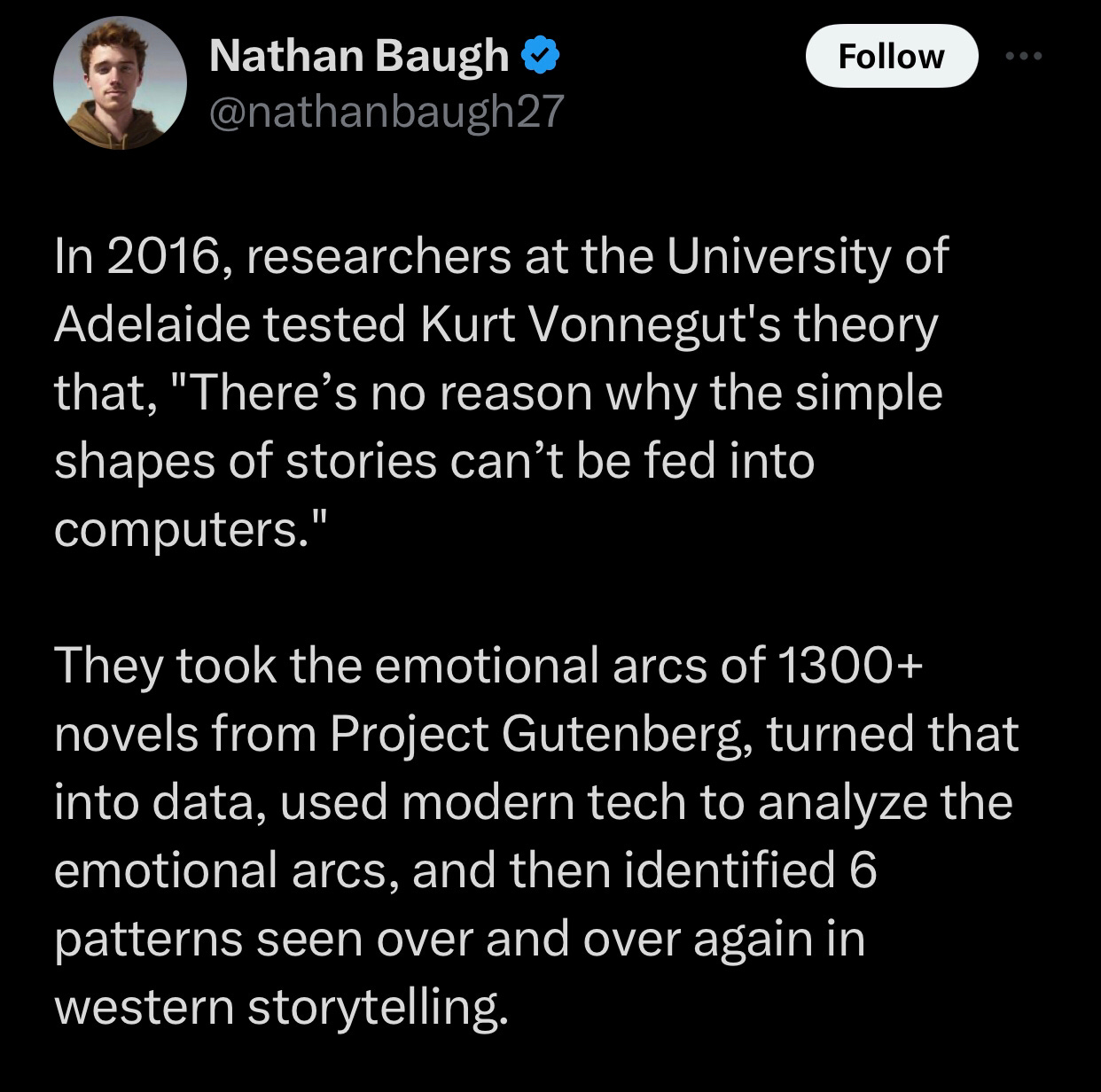
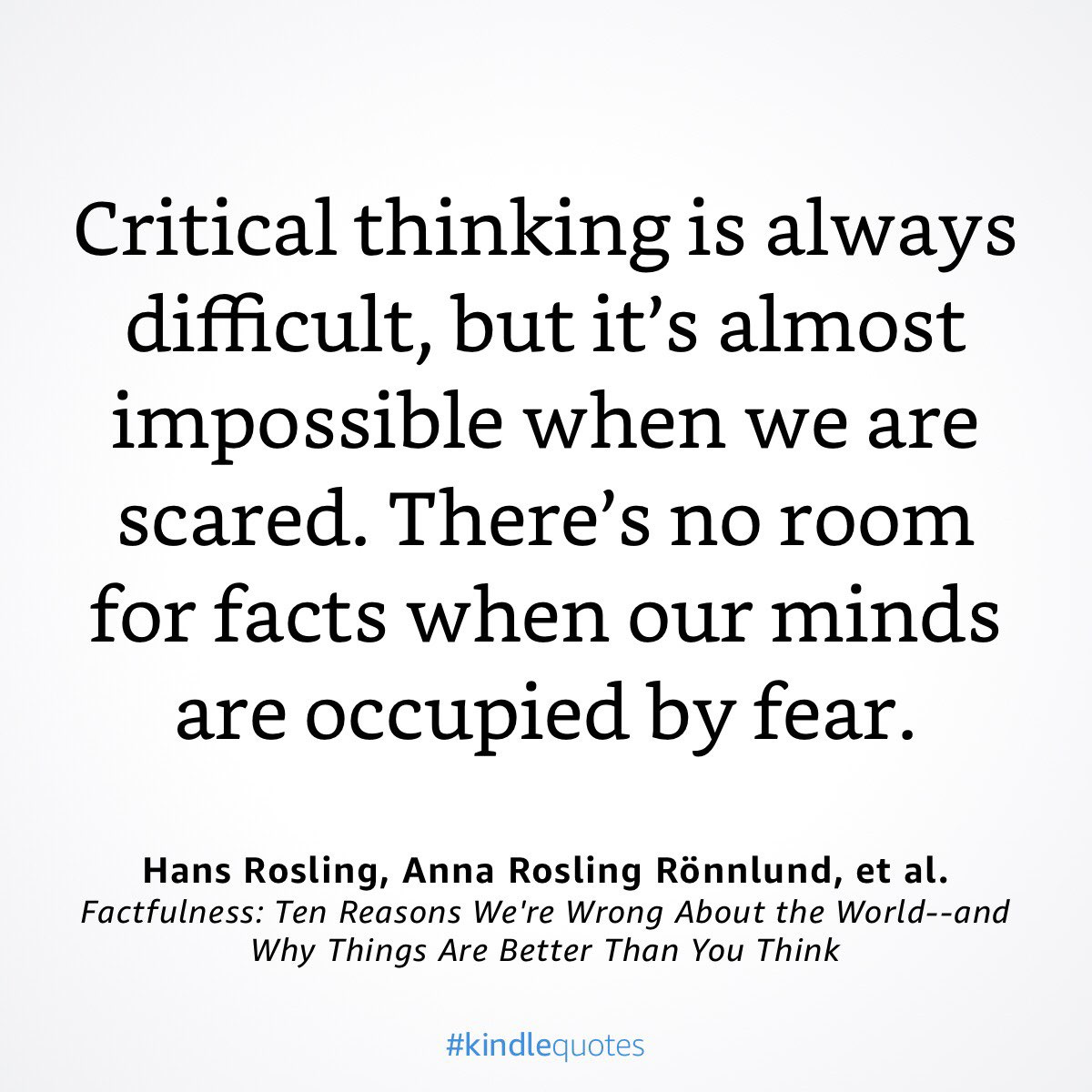
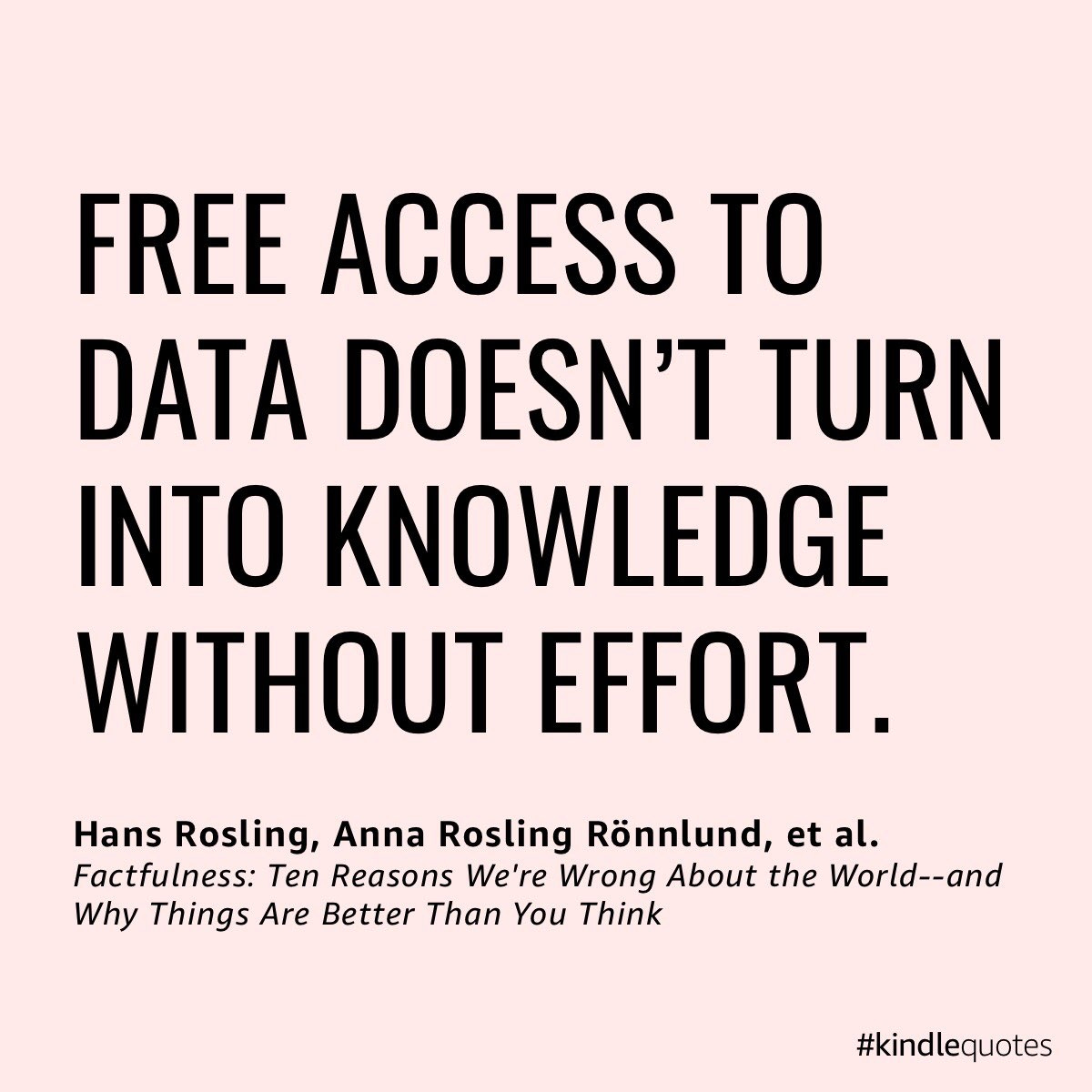
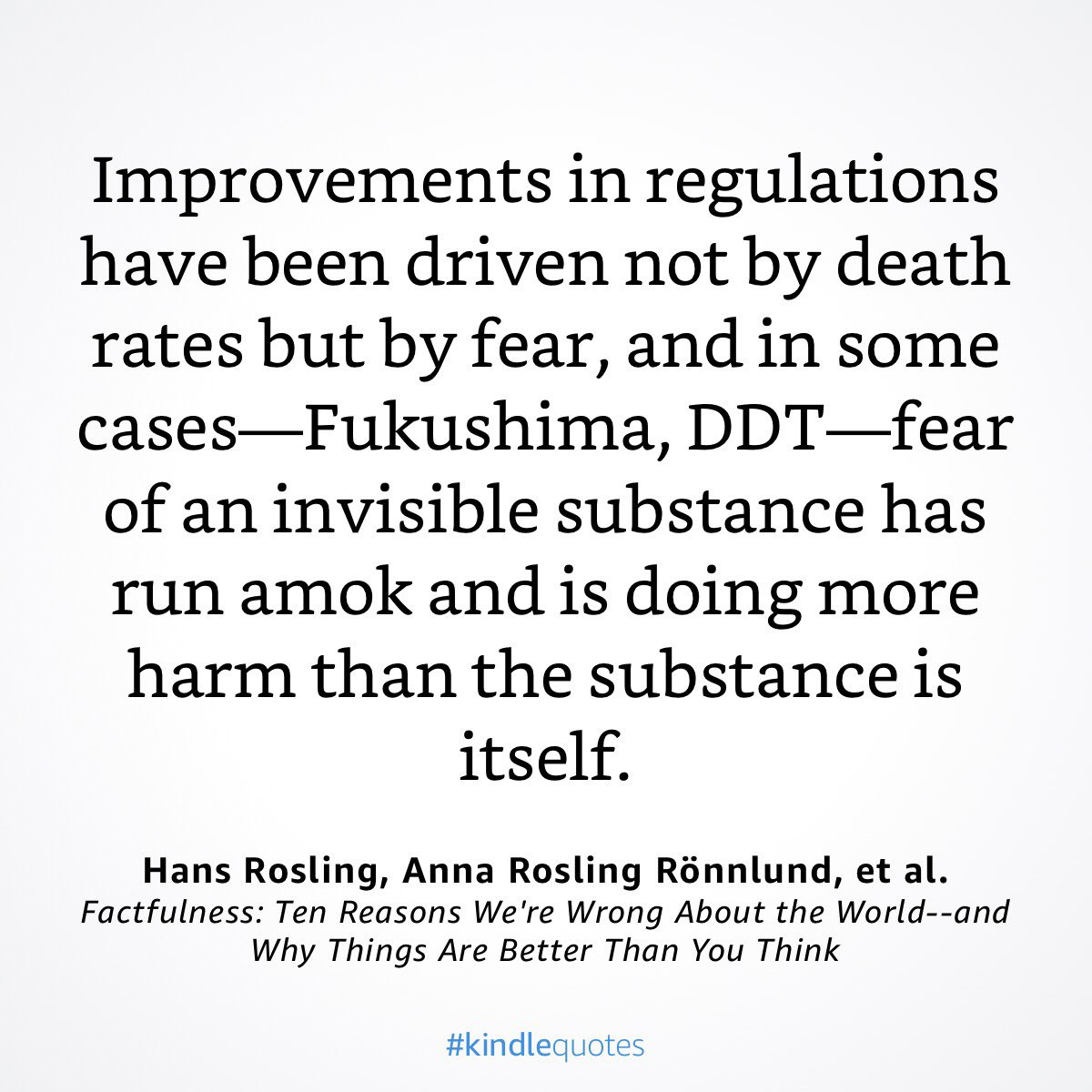
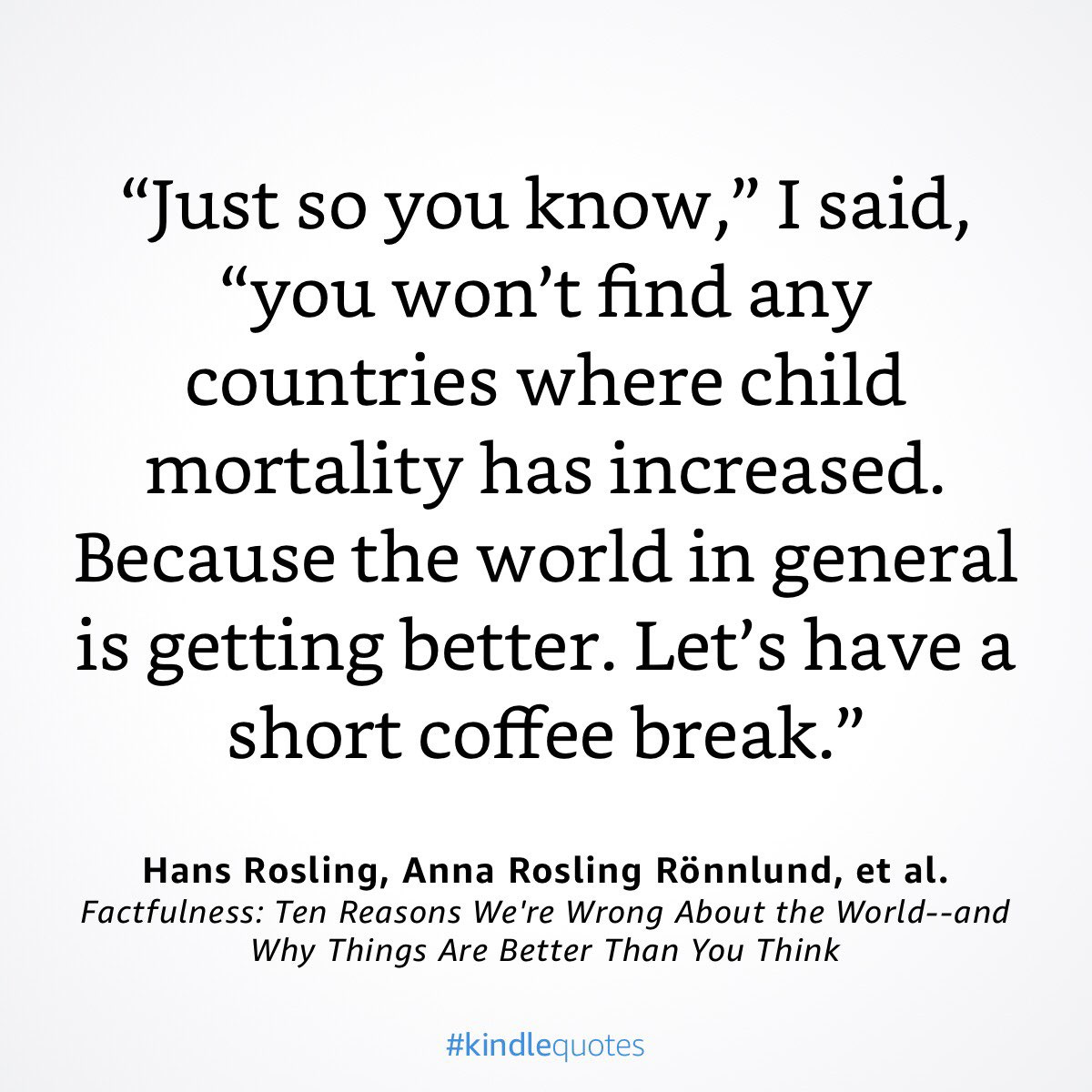
I had a thought provoking reply that morphed into a full essay... lol.
https://jamescopley.substack.com/p/because-its-easy